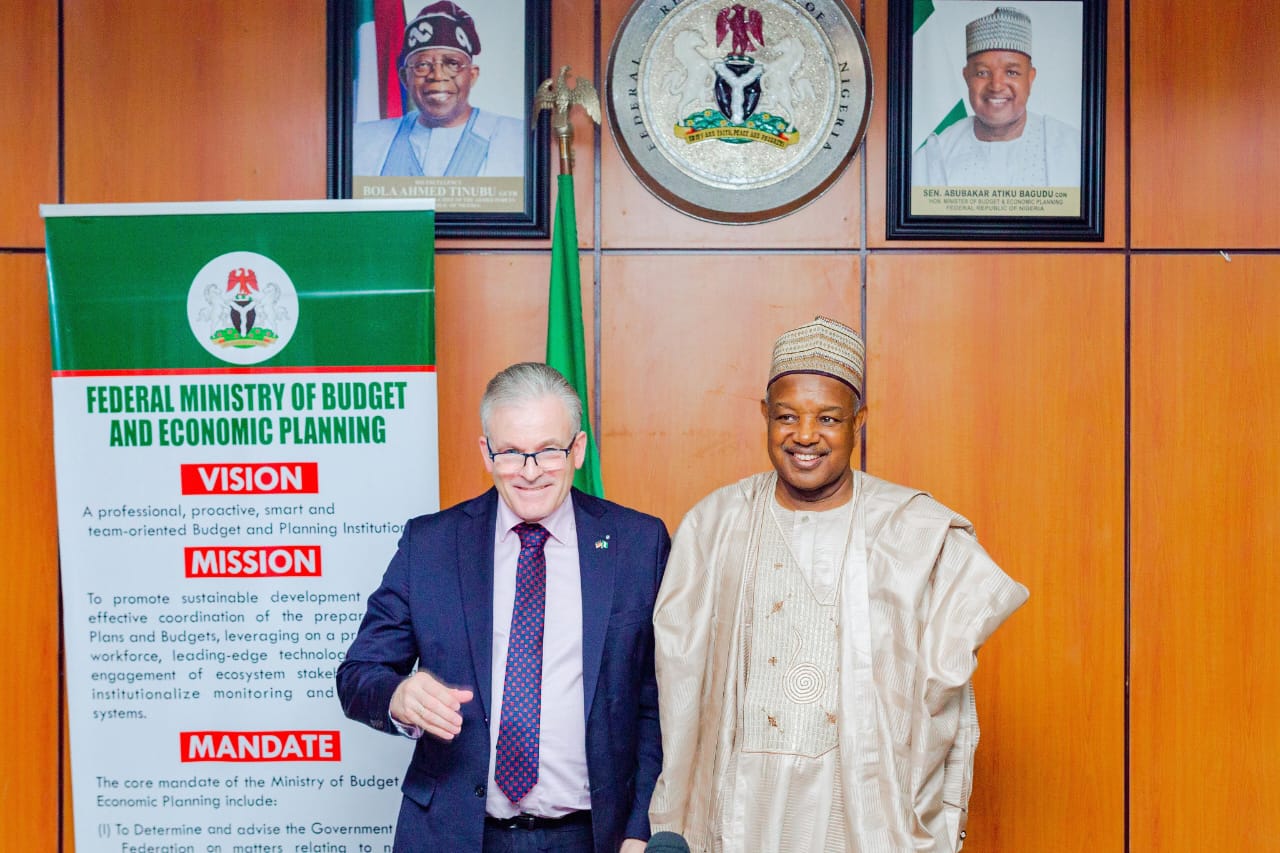• FG-owned assets not generating returns, says MOFI
• Senate begins reforms to unlock billions of naira trapped in govt assets
In a strategic shift to attract foreign exchange and deepen the domestic financial market, President Bola Tinubu has asked the Senate to approve a $2 billion capital raise through dollar-denominated bonds issued within Nigeria.
The request, transmitted to the National Assembly and grounded in the Fiscal Responsibility Act (FRA) and Executive Order No. 16 of 2023, is seeking to introduce a new layer of financial instruments to the local market, offering foreign currency investment opportunities to domestic and international investors.
Meanwhile, Chairman of the Board, Ministry of Finance Incorporated (MOFI), Dr Shamsuddeen Usman, has raised concerns over the poor state of Federal Government-owned assets, many of which he said are not generating returns despite being established with public funds and loans.
In a decisive move to modernise the country’s public asset management, the Senate, yesterday, introduced a bill that could unlock significant value from government-owned investments long trapped under outdated regulations
If approved, the dollar-denominated bonds would allow the government to raise the much-needed foreign currency without relying on external markets.
Funds raised will be channelled into key sectors chosen for their potential to stimulate growth, improve infrastructure, boost forex inflows and generate jobs. Sectoral allocations will be guided by the Finance Minister but subject to presidential and legislative approval.
“This initiative will not only broaden our investor base and strengthen reserves but also reduce pressure on external borrowing,” Tinubu wrote. “It is a bold step to stabilise the naira and build investor confidence in our domestic economy.”
Senate President Godswill Akpabio has mandated the Senate Committee on Local and Foreign Debts to review the request within two weeks. Oversight and implementation will fall under the Debt Management Office (DMO) once clearance is granted.
The Ministry of Finance Incorporated (Repeal and Re-enactment) Bill, 2025, sponsored by Sen Sani Musa (APC, Niger East), seeks to repeal the obsolete MOFI Act of 1959 and replace it with a robust legal framework that reflects 21st-century realities.
If passed, the legislation will transform MOFI into a commercially-driven, globally-aligned institution empowered to manage, grow and transparently account for Nigeria’s vast portfolio of public investments.
The bill proposes sweeping changes to governance structures, embeds international best practices and mandates performance benchmarks for state-owned enterprises, many of which operate with little oversight or economic return.
According to Musa, the reform is long overdue, adding: “Nigeria cannot afford to let trillions of naira in public investments remain underperforming due to outdated laws and weak oversight.”
The Senate’s initiative signals a broader shift towards fiscal discipline, institutional reform and asset optimisation—key priorities for driving economic recovery and sustainable development.
With Nigeria facing growing revenue pressures and mounting infrastructure needs, the MOFI reform bill could be a turning point in repositioning public wealth as a powerful tool for national progress.
At a public hearing on the bill to repeal and re-enact the MOFI Act, Usman told members of the Joint House of Representatives Committees on Finance and Public Assets that numerous assets under the Federal Government’s ownership were either unaccounted for or completely missing from official records.
“Many of these assets are not in the books of the organisations set up to manage them. They are not paying dividends, and we’ve been tracking them,” he said.
Usman, a former Minister of Finance, noted that while there is frequent public discourse about Nigeria’s debt profile, little attention is paid to the asset side of the balance sheet.






